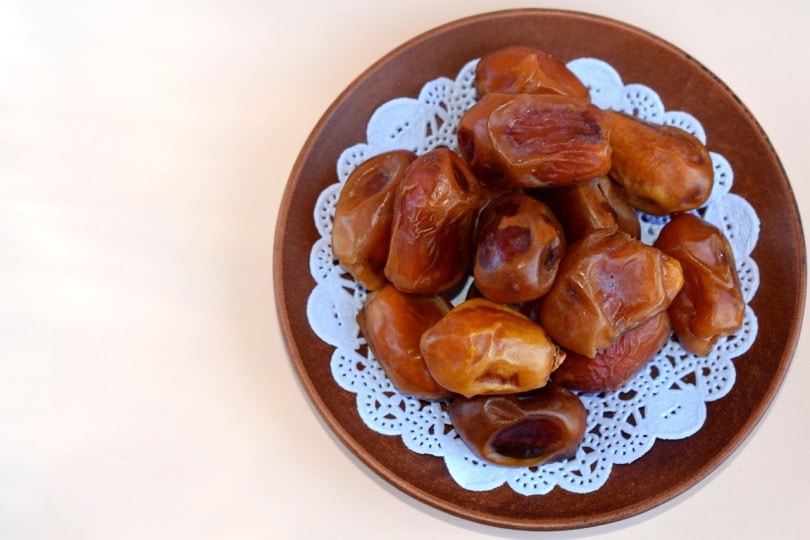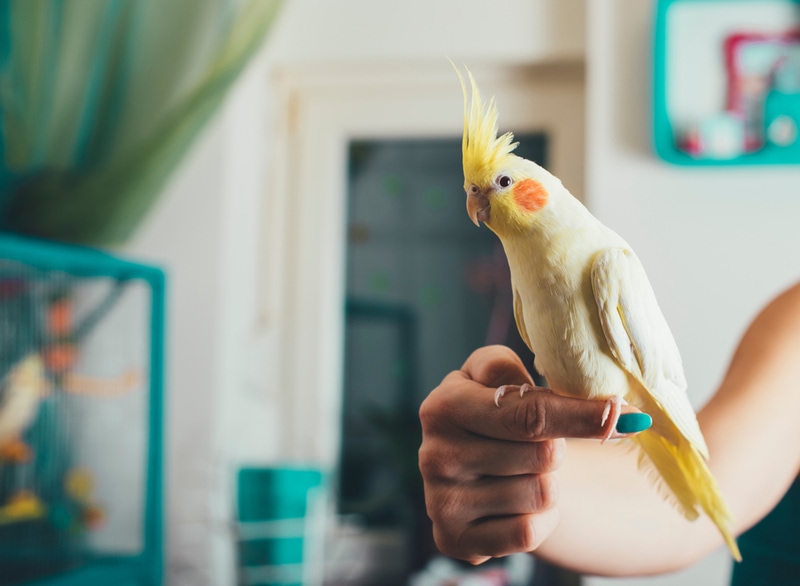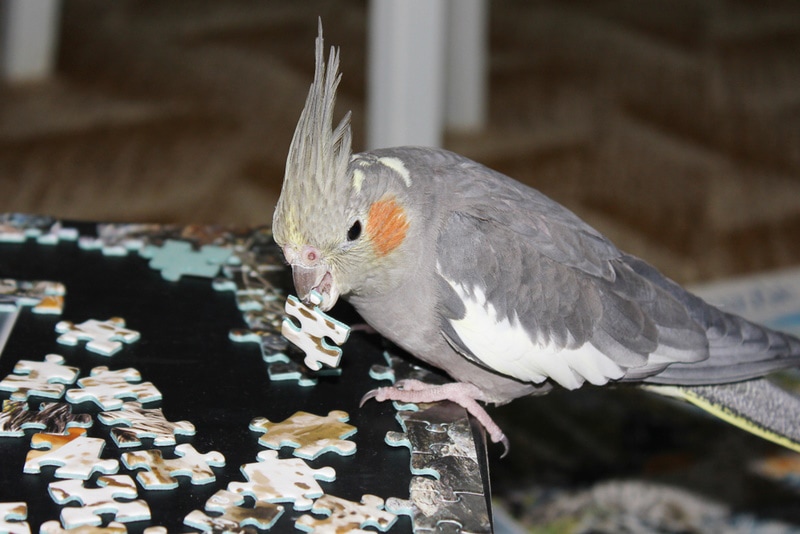Can Parrots Eat Dates? Vet-Approved Nutrition Guide
Updated on

Click to Skip Ahead
Dates are a delicious fruit that grows from the date palm. These fruits are some of the sweetest fruits in the world thanks to their sugar content, but they also have a variety of healthy nutrients in them. Although dates have been used as food for humans for thousands of years, they’ve recently become more popular again because of their ability to replace white sugar in some recipes. Are these sweet fruits safe to add to your parrot’s diet, though?
Yes! Dates are a safe and healthy food for your parrot, but there are some things you should know before adding this tasty food to their diet.
Benefits of Dates for Parrots
- They’re high in fiber, which supports healthy digestion and fullness.
- They are consistent with the natural diet of parrots, which includes a variety of fruits.
- They’re different in taste and texture from the other fruits that your parrot may be used to receiving regularly.
Dates are also a good source of antioxidants for parrots, so they can help to support a healthy and efficient immune system. In addition to being a source of carbohydrates, they provide nutrients like protein, potassium, copper, manganese, iron, and magnesium. They may also support healthy brain function by helping to reduce amyloid beta proteins in the body. These proteins can form plaque that can disrupt the ability of brain cells to communicate with each other properly.

Risks of Feeding Dates to Parrots
As with all new foods, dates pose a risk of stomach upset for your parrot if they’re not used to eating them, so make sure to start off by offering very small amounts of date as a small treat. They’re very high in calories, which can lead to inappropriate weight gain over time, thus leading to serious health conditions. They’re also high in fiber, which has benefits for your parrot, but eating too many foods high in fiber can also lead to stomach upset.
Of course, dates should only be fed to your parrot as part of a well-balanced diet. It’s important to avoid giving your parrot too much fruit, especially those high in fiber, as they can fill up on these, which can cause your parrot’s diet to become imbalanced.
How to Feed Dates to Your Parrot
If you have access to fresh dates, then this is the best option to offer to your parrot. Dried dates are higher in sugar than fresh dates, but they are a suitable substitute. Just make sure to offer fewer dried dates than you would offer fresh dates to your parrot. You can serve dates whole to your parrot, or you can chop, crush, or mash them. But either pitted dates, or remove the seed before offering dates to your parrot to avoid the risk of choking.
How much date you offer to your parrot will vary significantly between species. A lovebird or parakeet will need much less than a macaw or cockatoo, for example.
Don’t offer fried dates or dates that have been stuffed with foods that your parrot shouldn’t eat.

In Conclusion
Dates are a delicious and healthy addition to the balanced diet of a parrot, but the amount of dates to offer to your bird will vary based on their size, species, current diet, and any existing health conditions. Start by offering a few small pieces, slowly working your way up to including them as a part of your parrot’s diet. Ensure not to overfeed dates, though, since they can cause stomach upset and fullness, which may cause your parrot to eat too little of other nutritious foods.
See Also:
Featured Image Credit: notovyj, Pixabay













